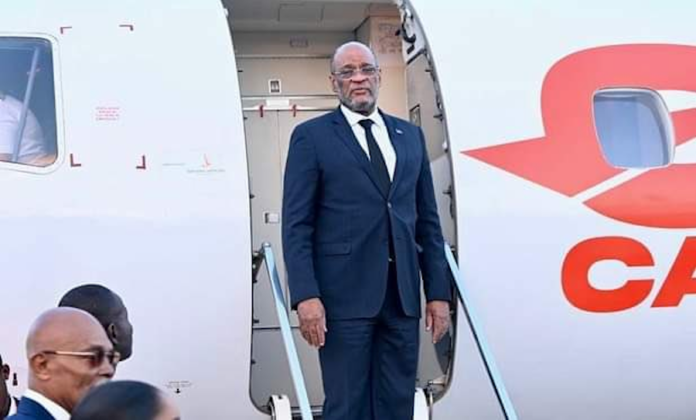
The year 2024 began with a victory – the ouster of de facto Prime Minister Ariel Henry – but the way forward to establishing a sovereign, popular government will clearly be protracted, difficult, and bloody.
Uncle Sam immediately swooped in to use his CARICOM vassals – primarily Guyana, Jamaica, and Barbados – as political proxies to fashion the multi-headed Haitian presidential council that now continues to compliantly ask for deployment of his military proxies, the Kenyan-led Multinational Security Support mission (MSS).
However, neither of Washington’s creations are working very well. The Haitian government has become more corrupt, internecine, and dysfunctional than ever, while the tiny, mostly Kenyan force has proved to be ineffective, expensive, and reluctant to fight, as avaricious mercenaries always are.
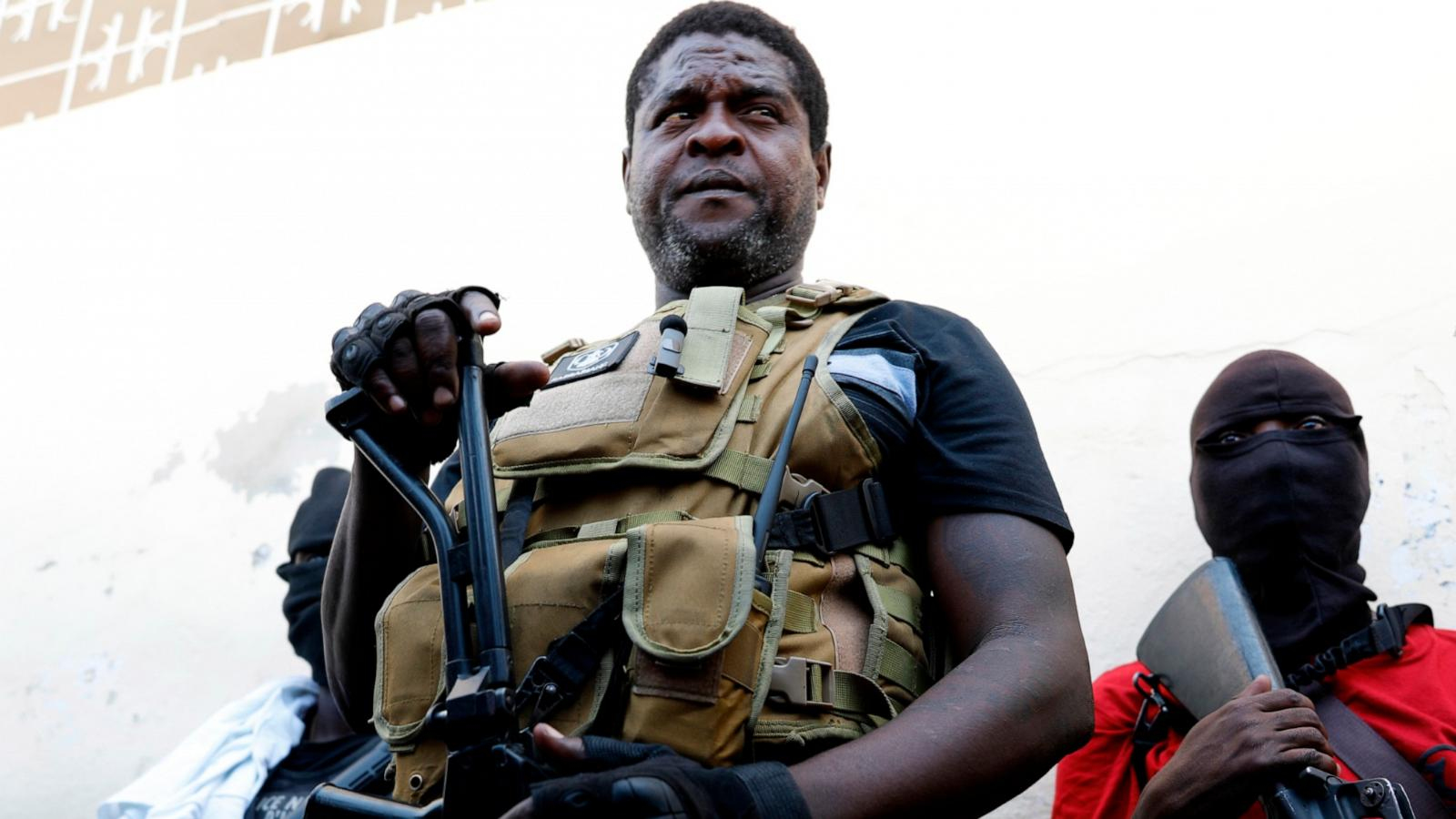
Meanwhile, cop-turned-revolutionary Jimmy “Barbecue” Cherizier finally succeeded in uniting the formerly warring armed groups of greater Port-au-Prince’s poor neighborhoods into the ragtag Viv Ansanm coalition (after failing to in late 2023). In recent months, the alliance used TikTok livestreams (retransmitted on YouTube) to communicate and make their case to thousands of Haitians who tuned in. However, now, that social media window appears to be closing.
The Viv Ansanm’s fiefdom patchwork has proven effective in fighting against mostly failed police incursions (despite the PNH’s clearly fanciful claims of great success in “killing bandits”), but it’s also a structure that is good for defense, not offense.
Also, the PNH and bourgeoisie have improved their use of “auxiliaries” on barricades in choke-points, like Canapé Vert, equipping them with heavy weapons, bullet-proof vests, helmets, and radios, while presenting the veritable death-squads as merely a revival of the vigilante bwa kale (peeled wood) movement of 2023. They are more often pumped-up, arbitrary hooligans who have killed many innocent people, wrongly accused of being “gang” agents.
Also newly appointed Port-au-Prince mayor Youri Chevry, the formerly wanted-by-the-police founder of the Fantom 509 death-squad in 2021, is reportedly trying his best to recruit leaders like Ezekiel Alexandre in Carrefour Feuilles and Renel “Ti Lapli” Destina in Grand Ravine to split the Viv Ansanm coalition as the G-Pèp front was formed to battle Cherizier’s G9 alliance in 2020.
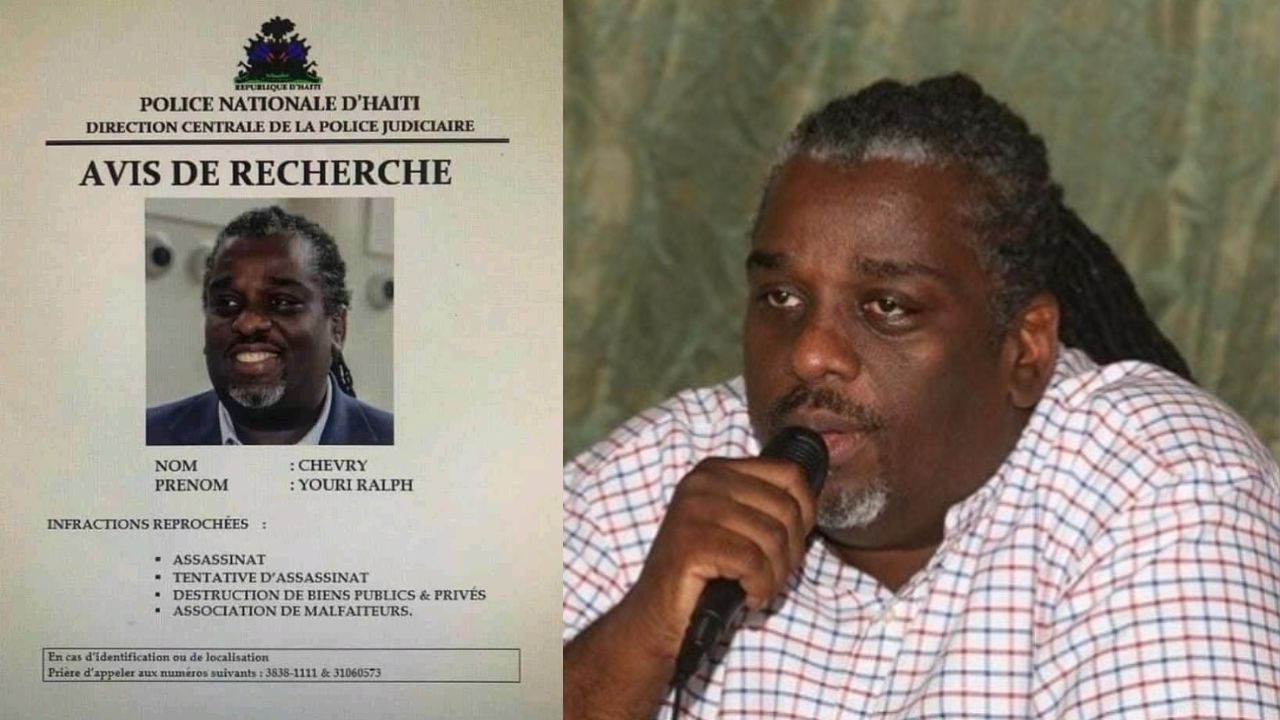
It’s still unclear how the incoming Trump Administration will respond to Haiti’s ongoing uprising. Trump has selected enough “swamp creatures,” like Marco Rubio (Secretary of State) and Mike Waltz (National Security Advisor), that we may see a continuation of Biden’s globalist approach of using proxies.
However, Trump might be enticed by the recent recommendations of former U.S. Ambassador to Haiti James B. Foley. “Trump is opposed to endless wars and pointless expenditures of U.S. lives and resources overseas,” he wrote in a Miami Herald op-ed. “But he also revels in demonstrations of strength.”
Might Trump send in the 82nd Airborne? That looks easy, but then Napoleon made the mistake of underestimating Haitians’ ancestors in 1802 and 1803.
History often rhymes.
Below is our retrospective on a tumultuous 2024, and 2025 promises to be even more so.
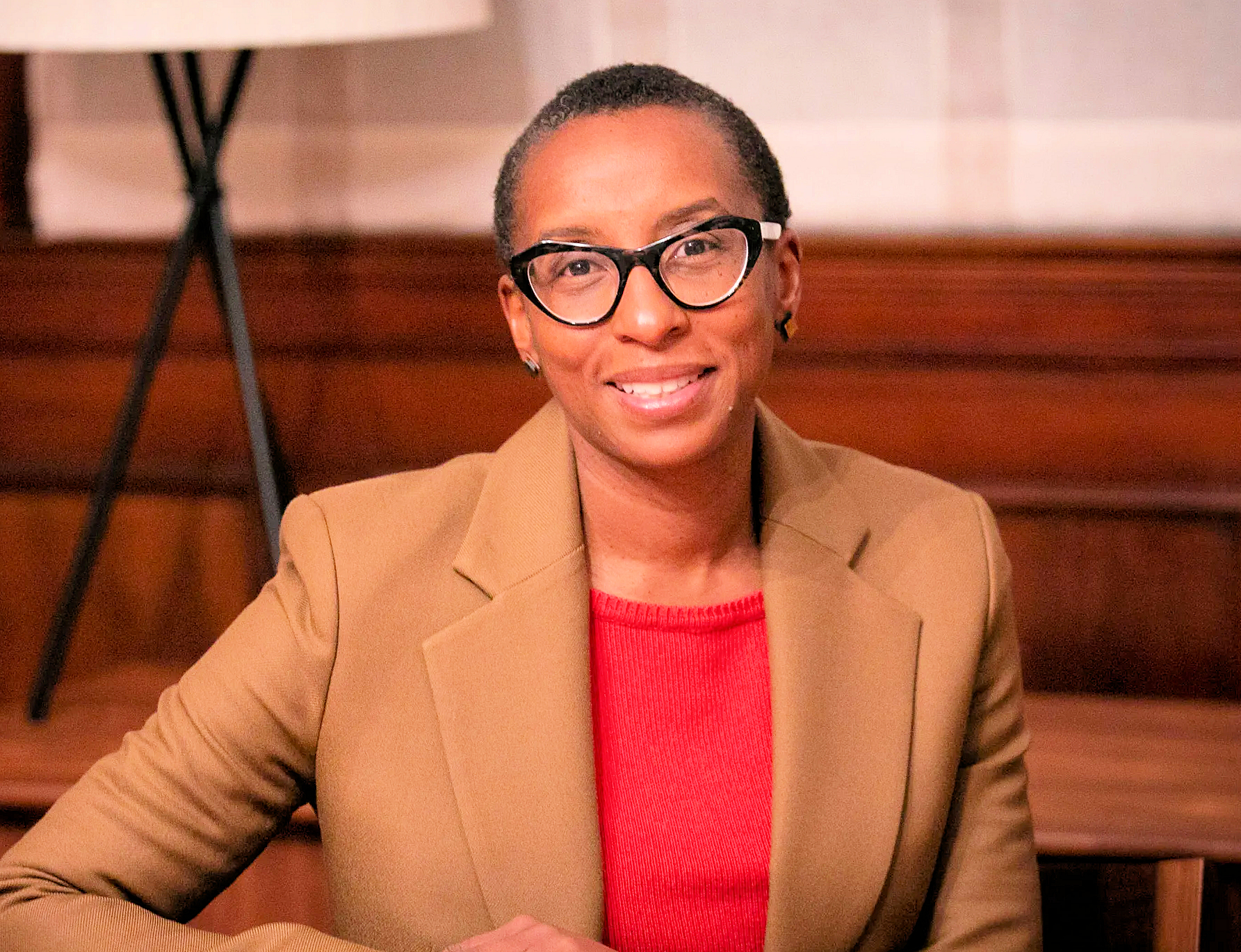
Jan. 2: Claudine Gay, the Haitian-American president of Harvard University, announces her resignation after being grilled and reproached by Republican lawmakers for being too lenient in her handling of student protests against Israel’s genocidal attacks in Gaza.
Jan. 2-16: Demonstrations and civil disobedience actions calling for de facto Prime Minister Ariel Henry’s ouster erupt across Haiti, largely in response to the truck-top speeches and online videos made by Guy Philippe, an increasingly popular political figure in Haiti.
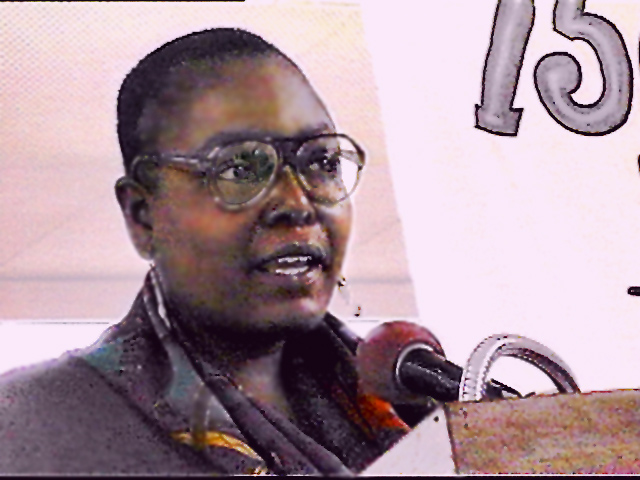
Jan. 25: Maude Leblanc, 69, the director of the weekly newspaper Haïti Progrès, dies of lung and brain cancer.
Jan. 26: Kenya’s High Court rules that Kenyan policemen cannot be deployed to Haiti as part of the Multinational Security Support (MSS) mission, blessed by the UN Security Council on Oct. 2, 2023. Kenyan President William Ruto says he will appeal the ruling.
Feb. 6: In the lead-up to the Feb. 7 anniversary, large numbers of BSAP (Brigade for the Security of Protected Areas) agents march in towns around Haiti. After several no-shows in preceding weeks, Guy Philippe finally appears in Port-au-Prince.

Feb. 7: A Haitian National Police (PNH) unit ambushes a cortege of BSAP vehicles at Laboule 10, killing five BSAP agents and arresting three others. The popular mobilization to oust PM Ariel Henry on that day falls short.
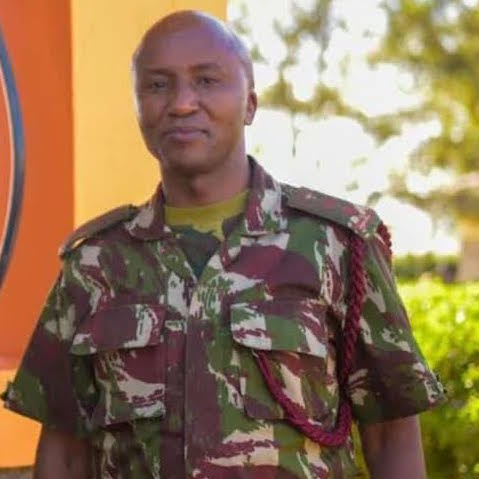
Feb. 13: A Kenyan police official, Walter Nyamato, 39, mysteriously dies in his hotel room in Washington, DC, where he had come as part of a delegation to prepare for the deployment of the MSS.
Feb. 19: Investigating Judge Walther Wesser Voltaire finally issues his 122 page report on the Jul. 7, 2021 assassination of President Jovenel Moïse, listing 51 participants and conspirators, including Jovenel’s widow, Martine Moïse. The indictment is widely viewed as politically biased and an incomplete sham.
Feb. 26: Despite Kenya’s High Court ruling prohibiting that nation’s participation in the MSS, Washington’s Ambassador to the United Nations Linda Thomas-Greenfield announces at the CARICOM Summit that Benin has committed 2,000 troops to the mission.
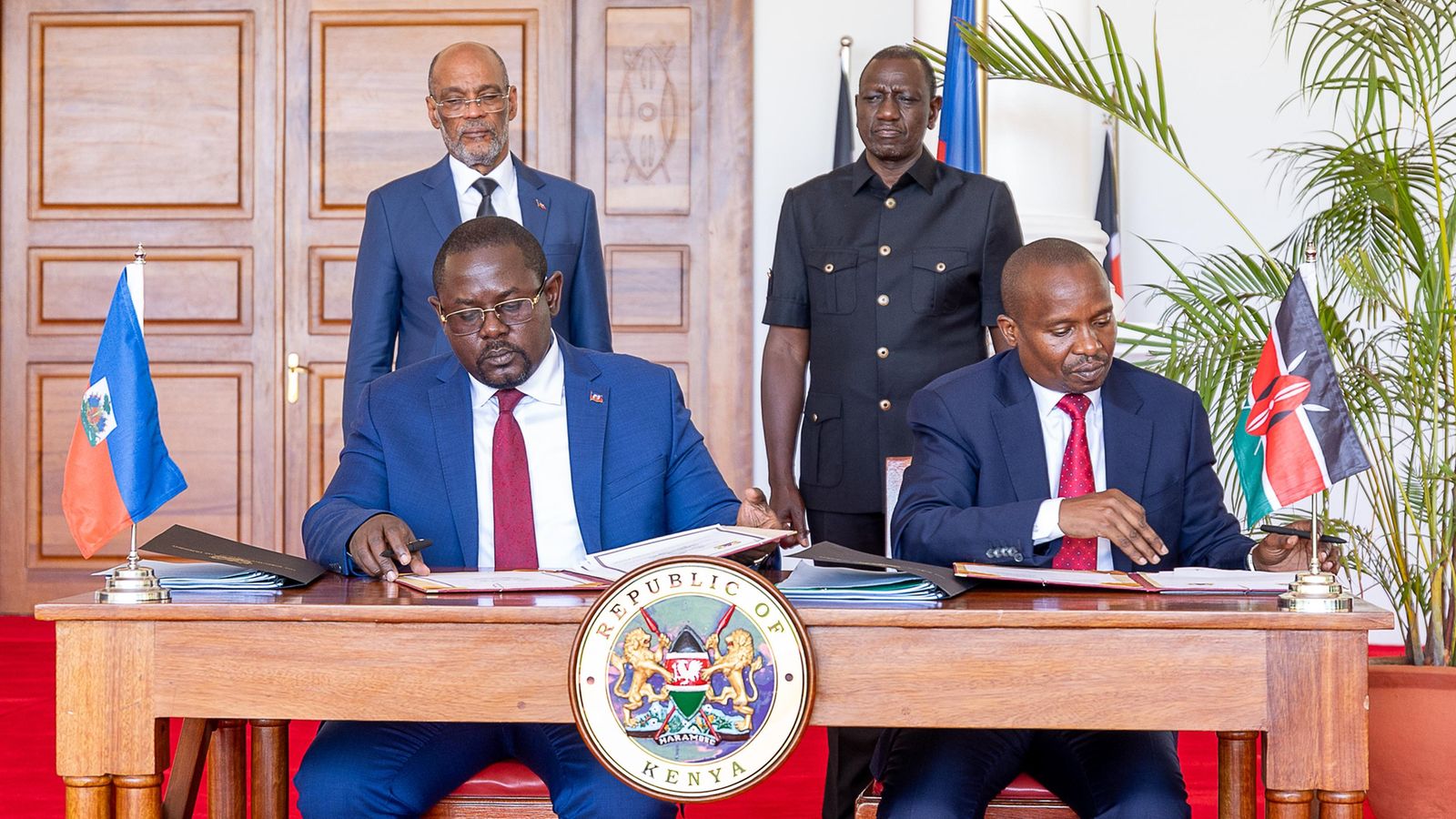
Feb. 27: PM Ariel Henry flies from the CARICOM Summit in Guyana to Nairobi to (illegitimately) sign a “bilateral agreement” for Kenyan police deployment to Haiti. Kenyan President William Ruto and Henry hope the ceremony fools public opinion that they are complying with Kenya’s High Court ruling.
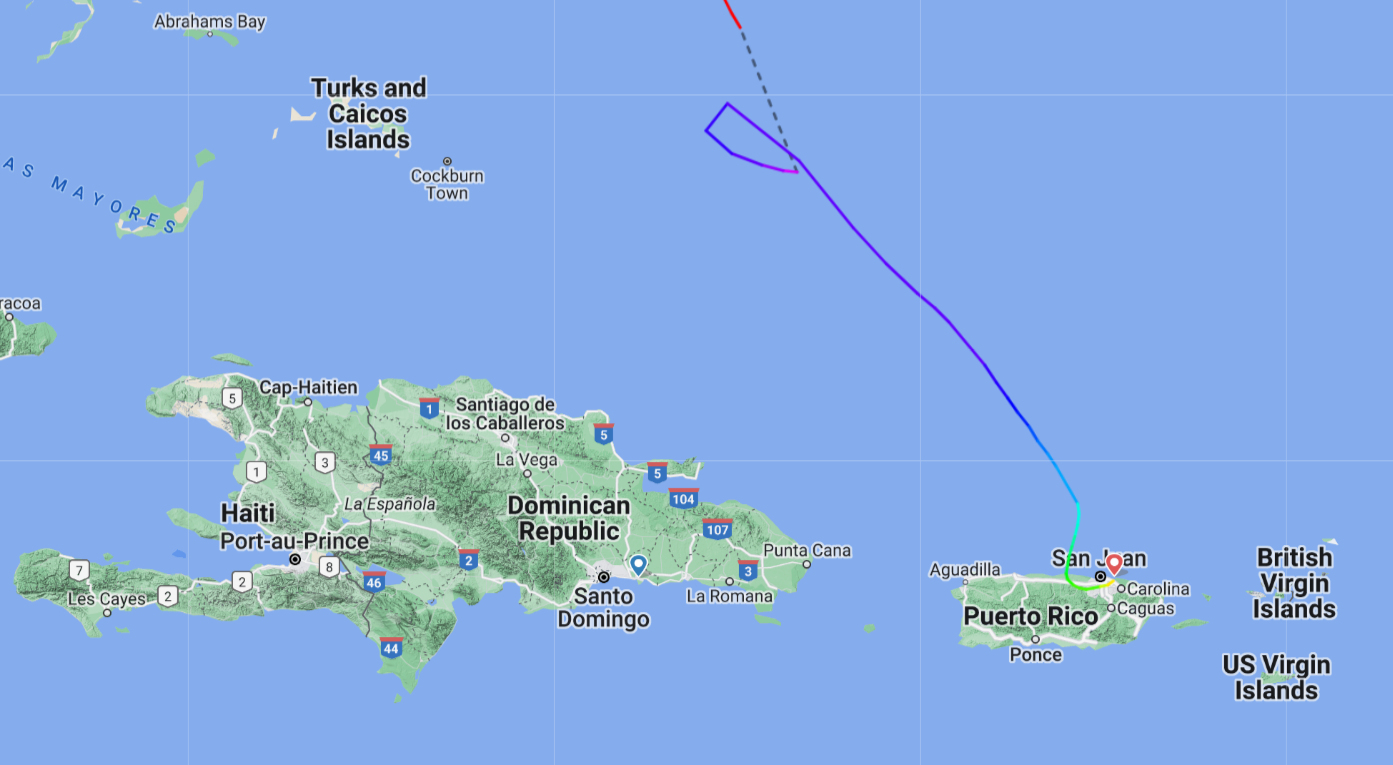
Feb. 29-Mar. 5: Ariel Henry is unable to return from Kenya to Haiti because its two international airports are closed by popular mobilizations backed by firepower from the Viv Ansanm (Live Together) coalition of armed groups vowing to keep him out. Henry flies instead to New York, where he spends several days conferring with the U.S. State Department. He finally rents a private jet to fly to the Dominican Republic, but Dominican authorities refuse him entry, forcing him to divert to Puerto Rico.
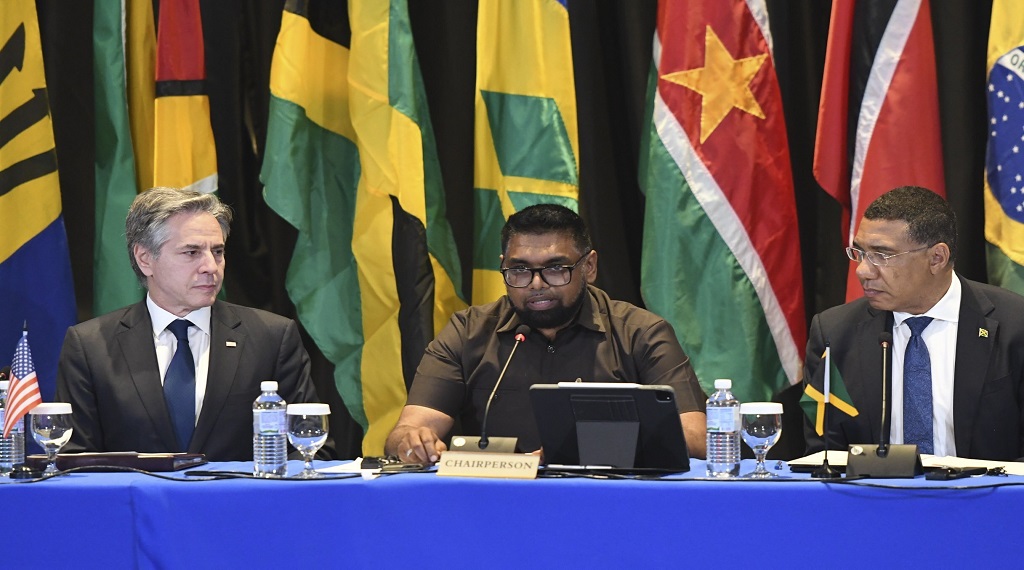
Mar. 11: U.S. Secretary of State Anthony Blinken travels to Kingston, Jamaica for an emergency meeting of CARICOM (without Haitian participation) to concoct the formula of a new Transitional Presidential Council (TPC) to replace Ariel Henry.
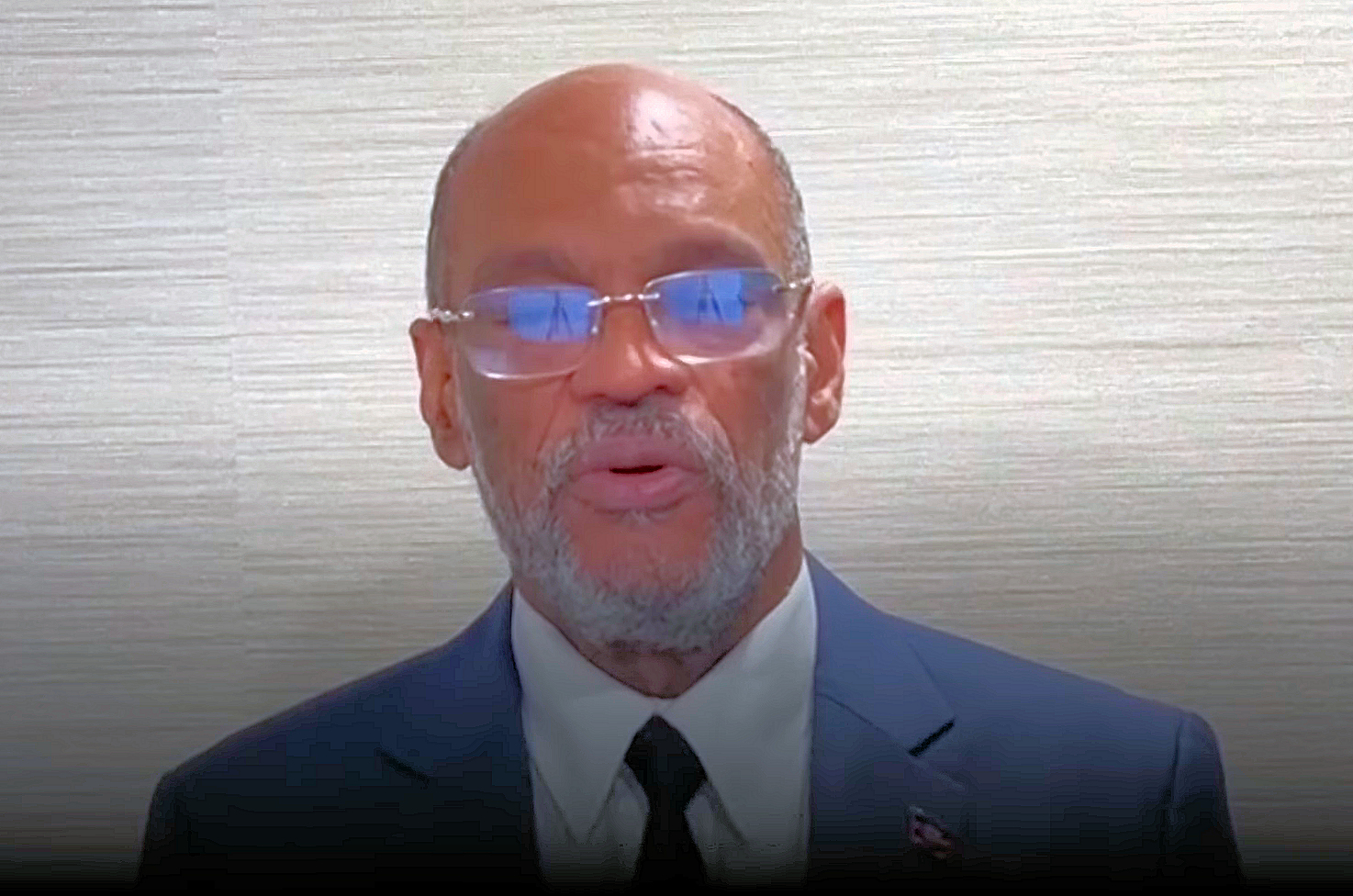
Mar. 12: In a pre-recorded video message, Prime Minister Ariel Henry vows to resign when the TPC takes power.
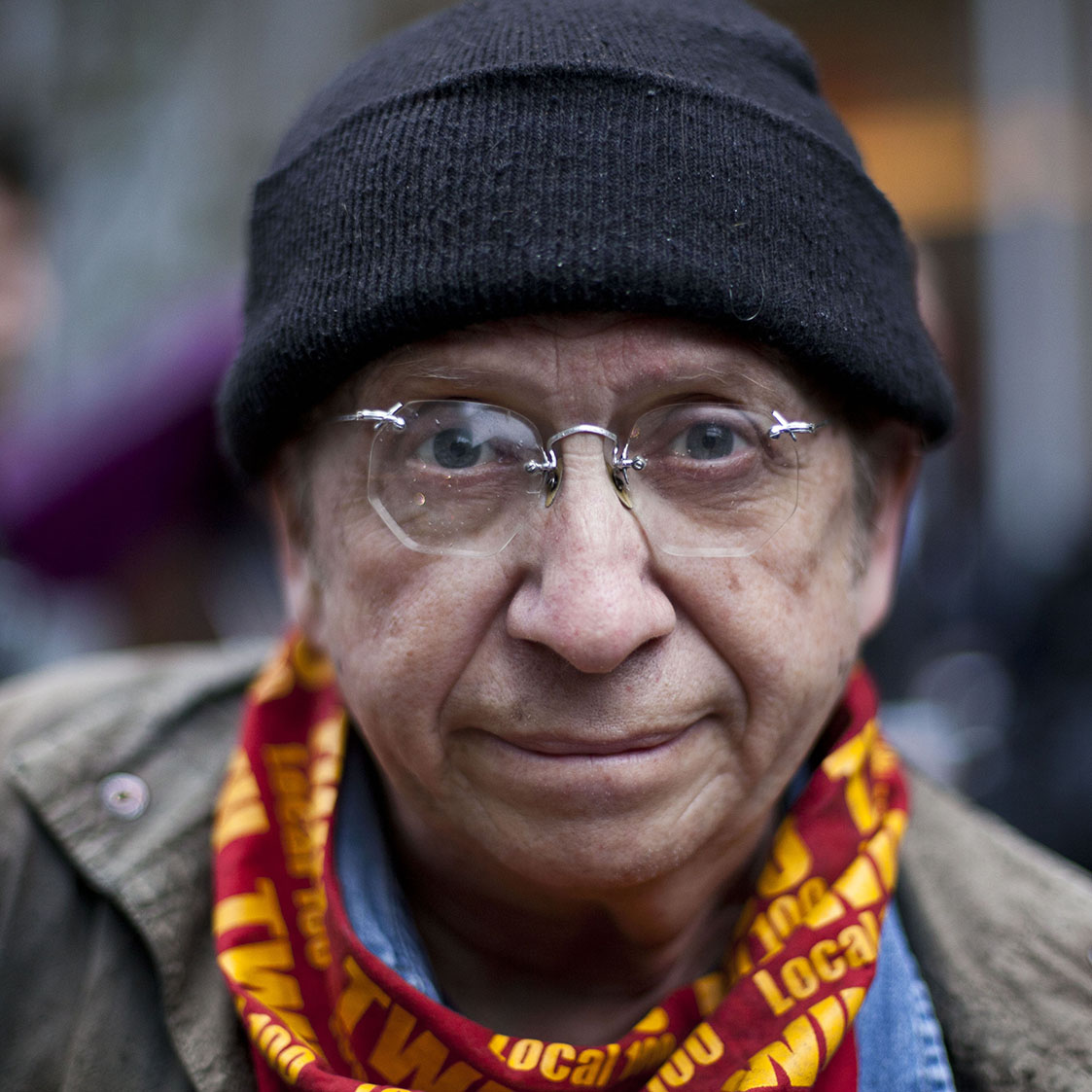
Mar. 17: Marty Goodman – unionist, communist activist, journalist, and frequent contributor to Haïti Liberté – dies from a heart attack at his apartment in Manhattan.
Mar. 25: Former U.S. Ambassador to Haiti James B. Foley writes an op-ed in the Washington Post calling for a “decisive American intervention” into Haiti, adding that “many are calling for Haitian-led or Haitian-only solutions, but this is unrealistic.”
Mar. 26: New U.S. Ambassador to Haiti Dennis Bruce Hankins arrives in Port-au-Prince, officially beginning his mission on Apr. 1.
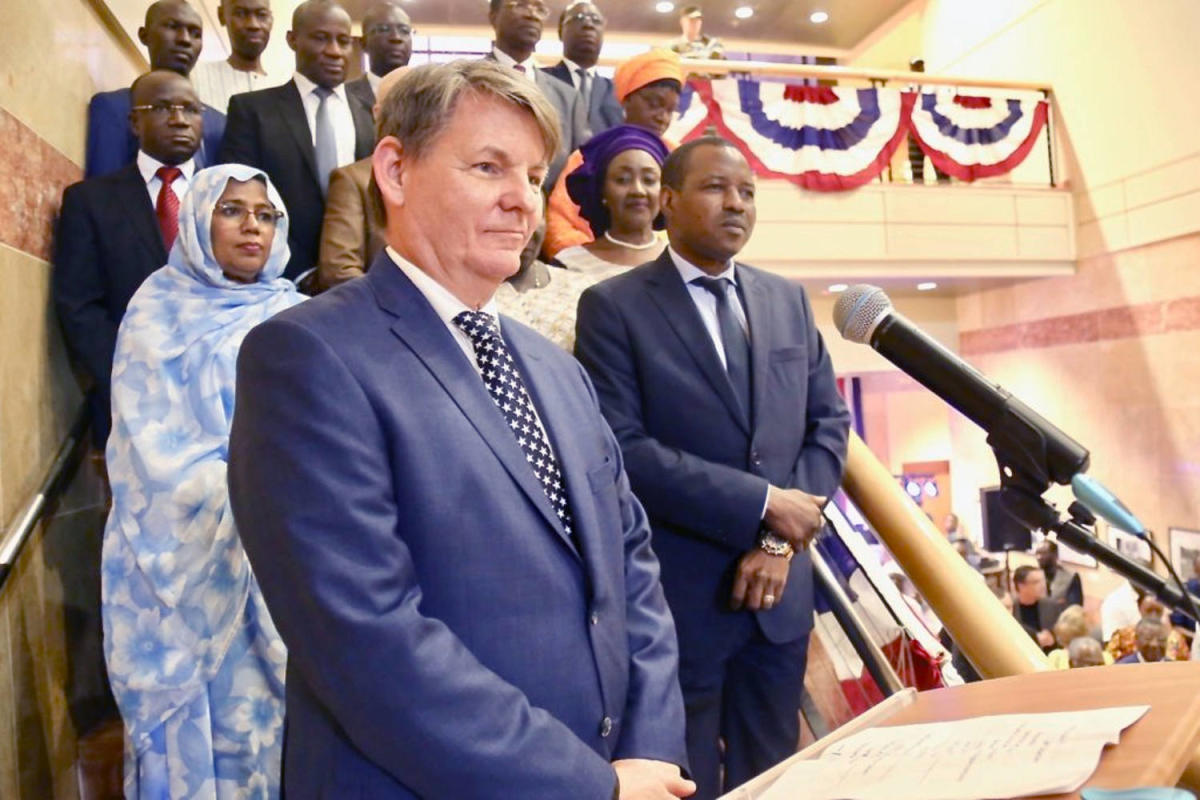
Apr. 3: The political sectors and parties taking part in the TPC complete a “Political Accord for a Peaceful and Orderly Transition.”
Apr. 12: Haiti’s official journal Le Moniteur announces the creation of Haiti’s TPC, giving the names of its nine members (seven voting, two observers) in an Apr. 16th decree.
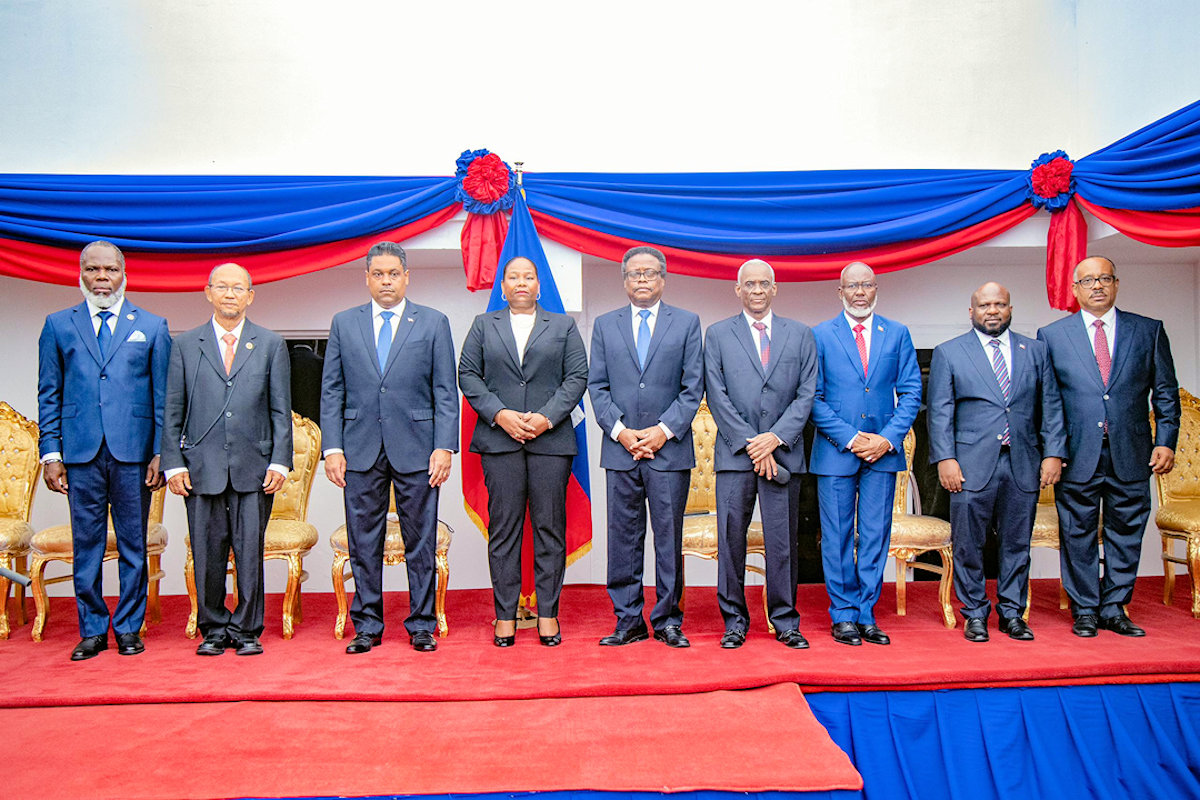
Apr. 25: Haiti’s TPC is sworn in not at the National Palace (until the following day), but at the Prime Minister’s office, the Villa d’accueil, in Pétionville due to security concerns.
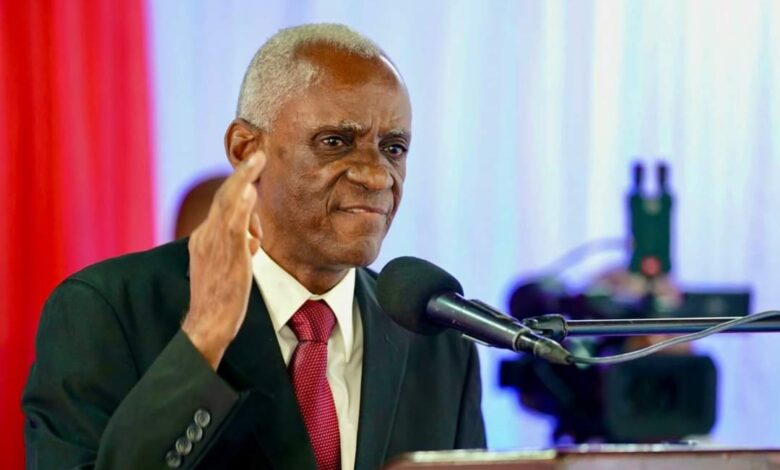
Apr. 30: Edgar Leblanc Fils, of the Jan. 30th Collective, is selected by a vote of four to three of his fellow councilors to be the TPC’s first rotating “President.” Former Sports Minister Fritz Bélizaire was also named Prime Minister, but his nomination is soon reversed.
May 16: The TPC meets with Maria Isabel Salvador, the chief of the United Nations’ Integrated Office in Haiti (BINUH) to discuss the MSS’s still pending deployment, to which all TPC members had to agree.
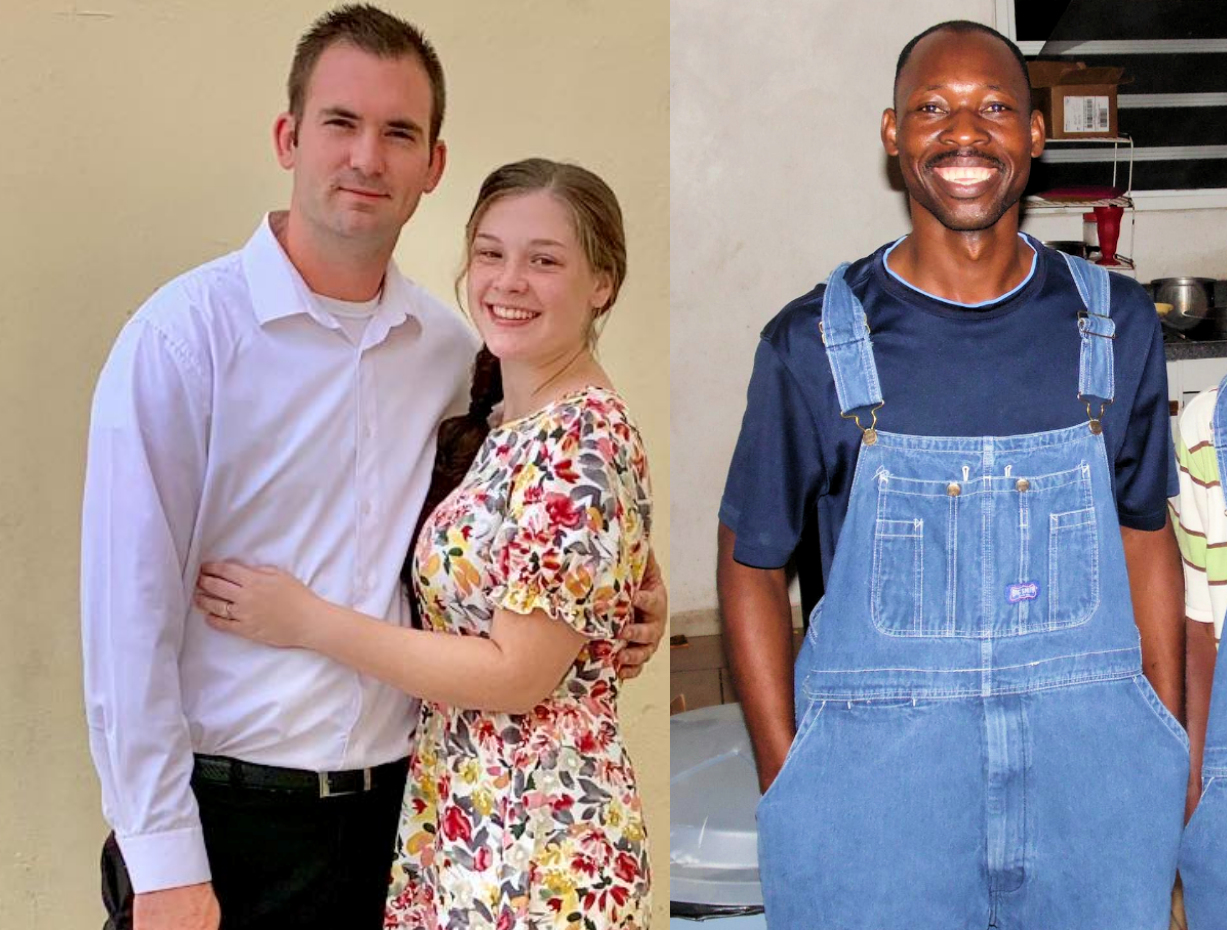
May 23: An armed group from Canaan mistakenly kills two North American missionaries and their Haitian employee whom had previously been under its protection.
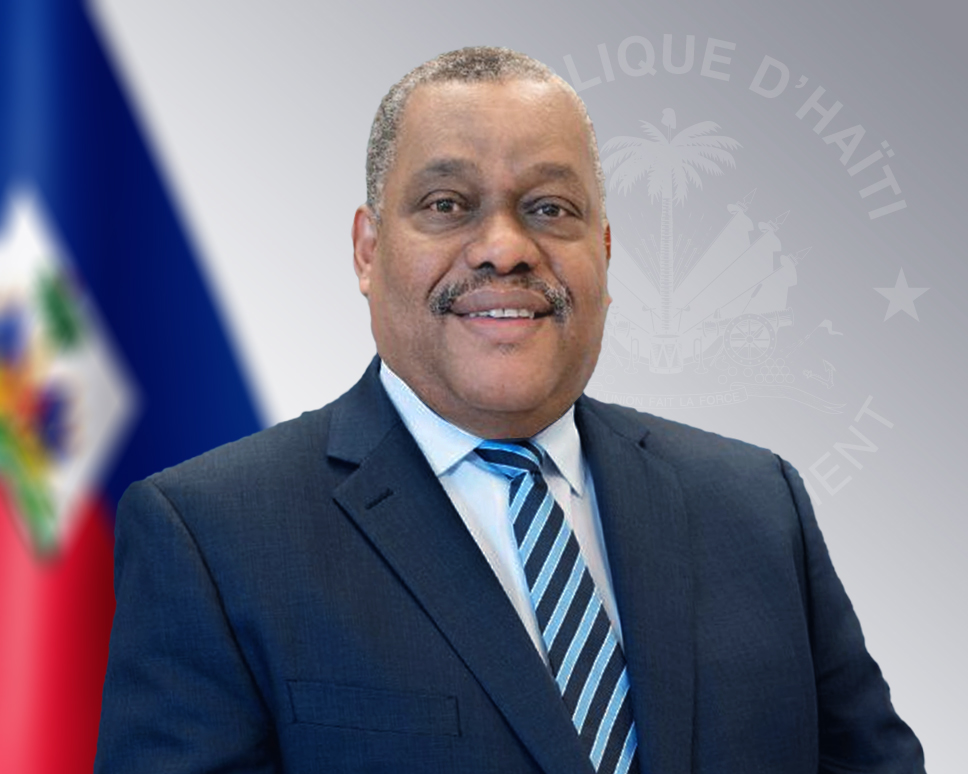
May 28: Under thinly-veiled pressure from Washington, the TPC names Garry Conille as Prime Minister, a post he had held briefly in 2011.
Jun. 11: Garry Conille, with TPC approval, names his cabinet, which includes Dominique Dupuy as Foreign Minister, Antoine “Tintin” Augustin as Education Minister, Carlos Hercule as Justice Minister, and James Monazard Commerce and Tourism Minister.
Jun. 19: Conille replaces PNH chief Frantz Elbé with divisional commissioner Rameau Normil, who previously held the post in 2019-2020 before being dismissed by then President Jovenel Moïse for incompetence.
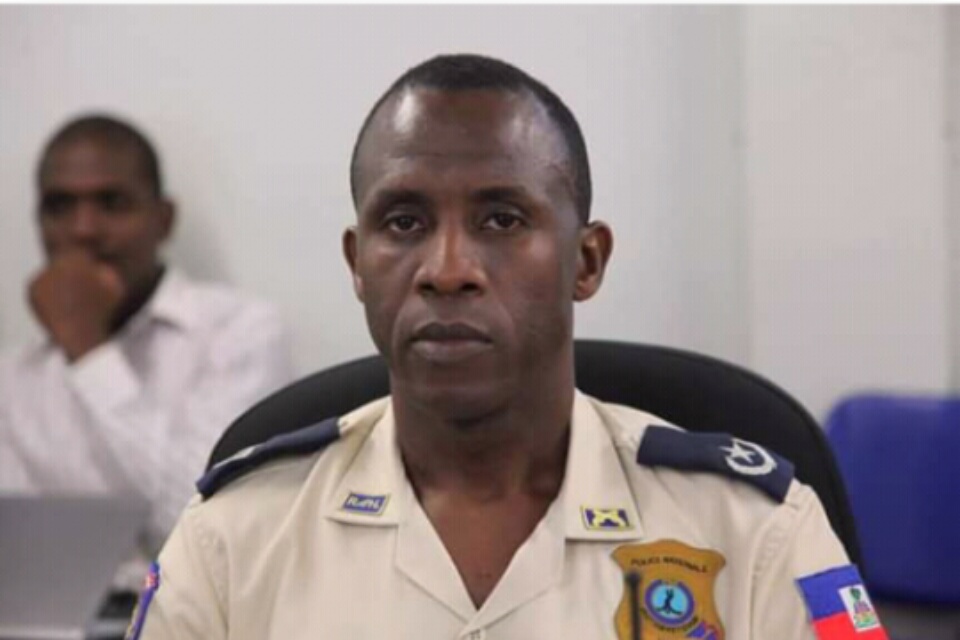
Jun. 21: Haitian and Kenya ambassadors sign a Status of Forces Agreement (SOFA) at the Organization of American States (OAS) in Washington, DC specifying that all MSS soldiers “enjoy immunity from legal process” for anything they do.
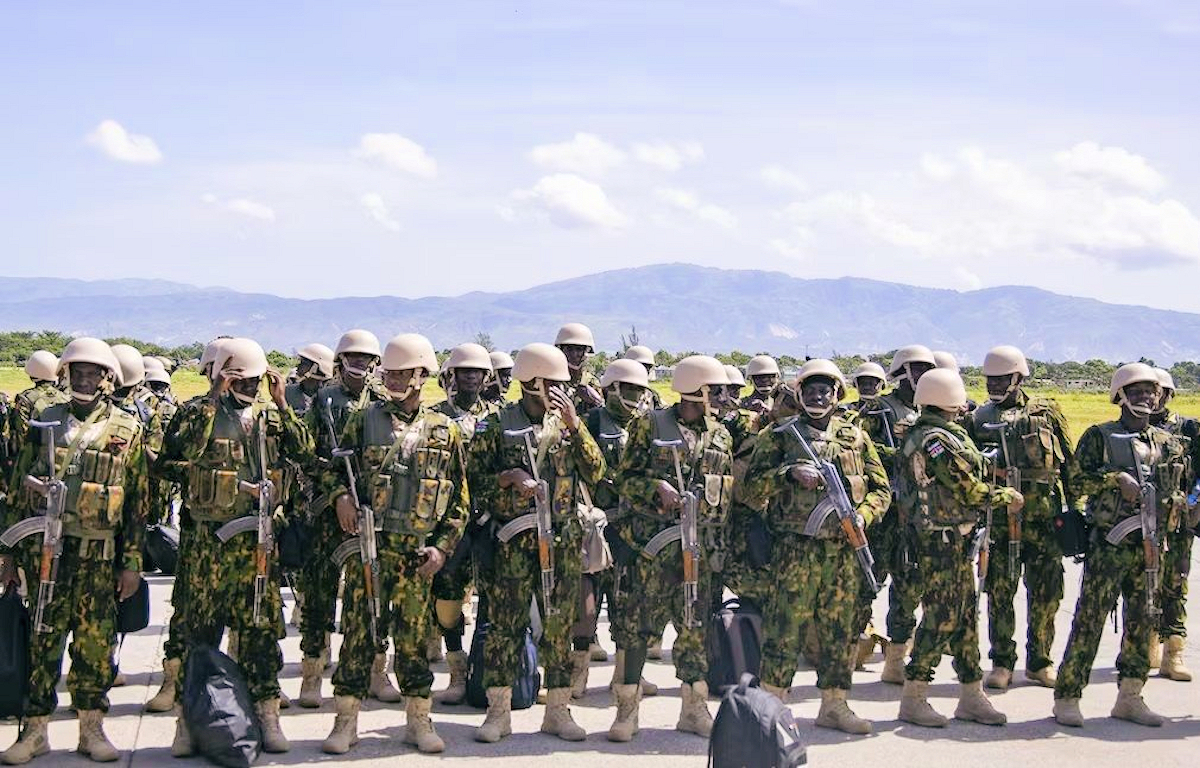
Jun. 25: Some two hundred Kenyan troops finally land and deploy in Port-au-Prince.

Jun. 27: Haitian journalist and intellectual André Charlier, 80, dies in Queens, NY after a tragic accident.
Jun. 28: Prime Minister Garry Conille with some of his ministers flies to Washington for meetings without informing the TPC, thereby incurring their consternation.
Jul. 7: The PNH again arrests Haitian activist and pundit Myrthil “Arab” Marcelin without any justification, just as it had previously done on Feb. 12, 2024.
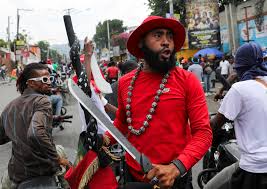
Jul. 10: Prime Minister Garry Conille meets with former Prime Minister Claude Joseph and members of his party RED/EDE, while on Jul. 15 he meets with former Presidential candidate Moïse Jean-Charles and members of his Dessalines Children party.
Jul. 17: A second deployment of 200 Kenyan cops arrives in Port-au-Prince, bringing the total MSS force, including a few Jamaicans and Bahamians, to about 430.
Jul. 22: Long time teacher and Haitian community activist in Brooklyn, NY, Athanase Chavannes, 83, dies after a long illness in his hometown of Petit Rivière de l’Artibonite, Haiti.
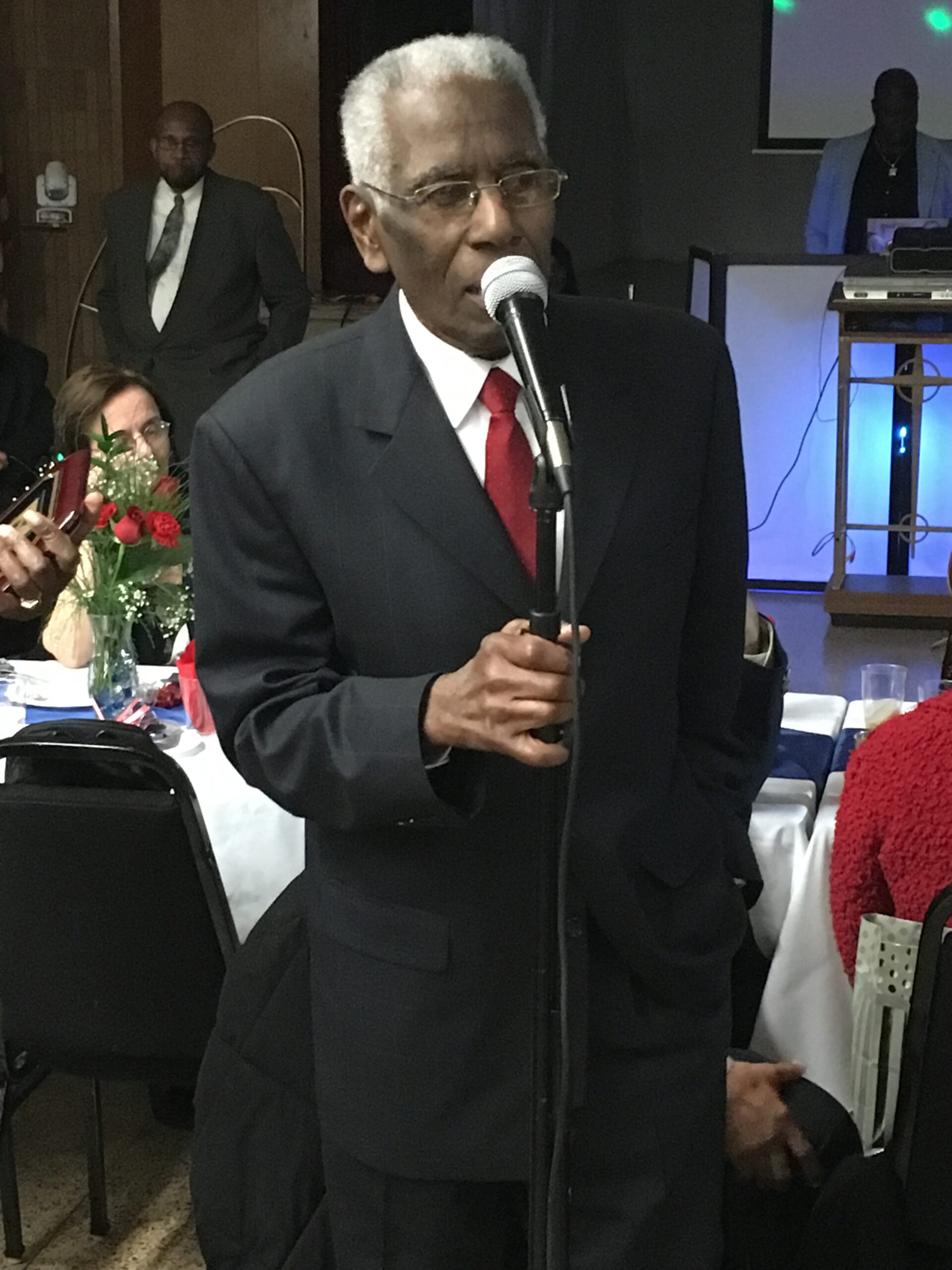
Jul. 31: Haiti at the OAS again voted in favor of a Washington-sponsored resolution aimed at subverting Venezuela’s sovereign Jul. 28 presidential election.
Aug. 8: Garry Conille fires National Bank of Credit (BNC) president Raoul Pascal Pierre-Louis after the latter wrote him a letter denouncing three TPC councilors – Louis Gérald Gilles, Smith Augustin, and Emmanuel Vertilaire – of trying to shake him down for a $758,000 bribe to retain his post. The scandal ignites a firestorm of controversy and outrage.
Aug. 20: The U.S. Treasury Department announces mild sanctions against former Haitian President Michel “Sweet Micky” Martelly, 63, for involvement in drug trafficking into the U.S. and money laundering.
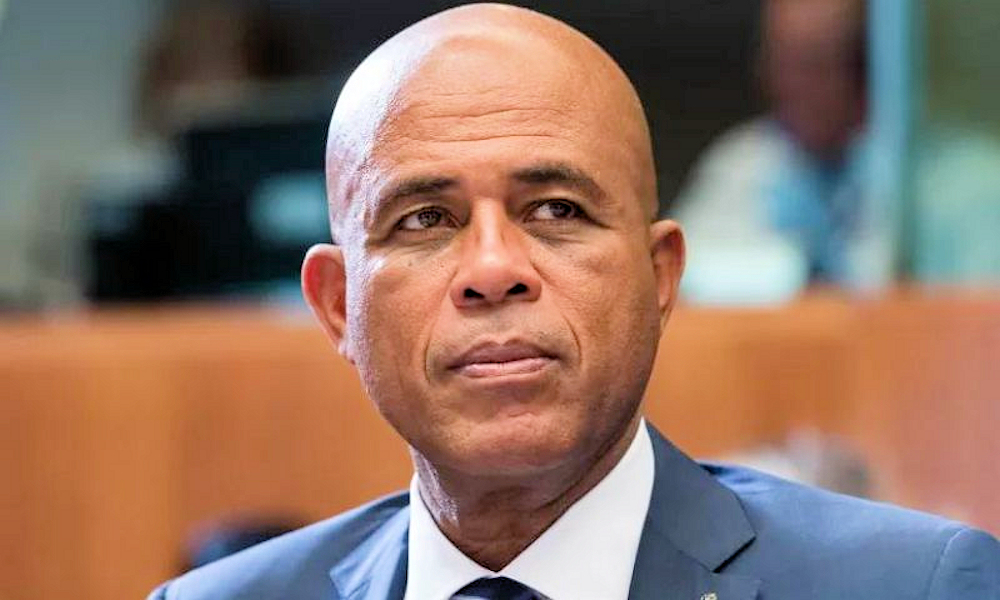
Aug. 27: The three TPC councilors accused of soliciting a bribe from BNC president Pierre-Louis are questioned by investigators of the Unit for the Fight Against Corruption (ULCC).
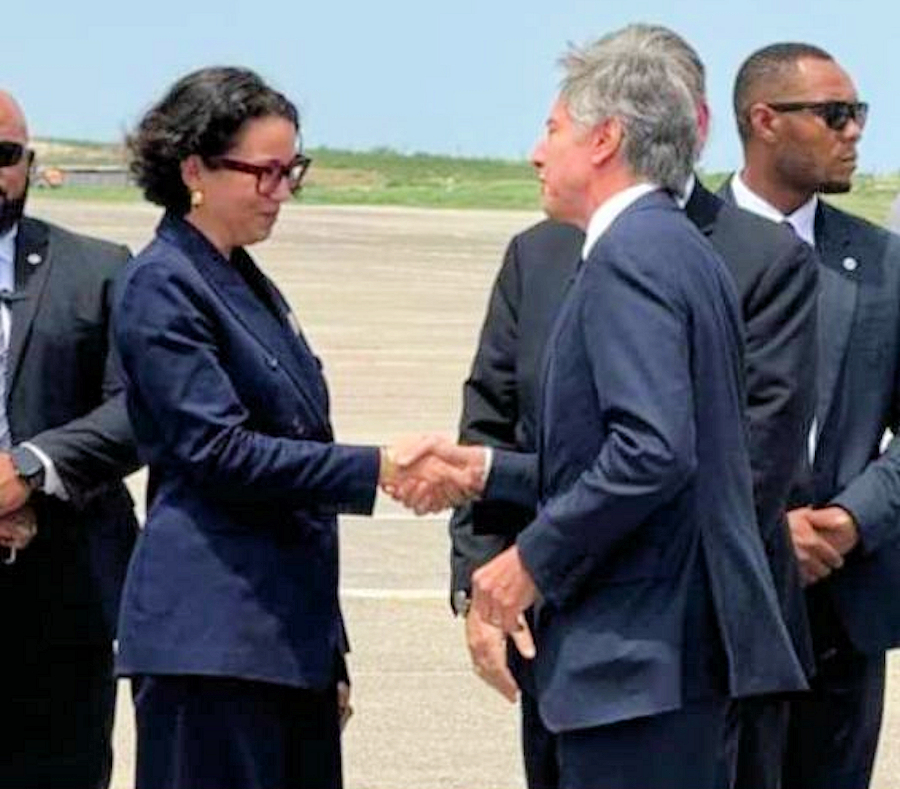
Sep. 5: U.S. Secretary of State Anthony Blinken visits Haiti for five hours to meet with Haitian government and police officials as well as the MSS’s Kenyan leadership. He also pledged a paltry $45 million in humanitarian aid.
Sep. 6: Washington introduces a draft resolution to the UN Security Council proposing that it transform the MSS, whose mandate ends Oct. 2, into a genuine UN “peace-keeping operation” (PKO) like the MINUSTAH of 2004-2017.
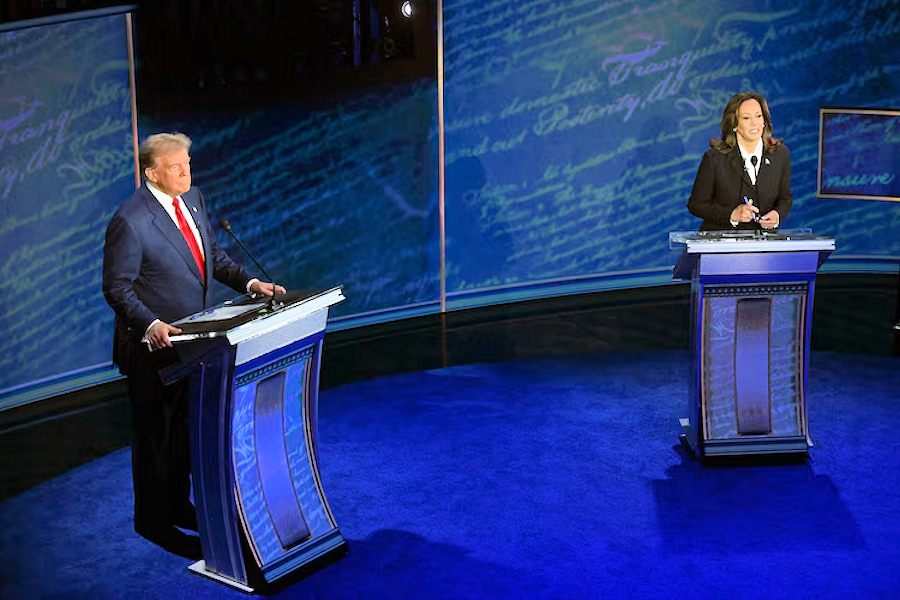
Sep. 10: In a televised Presidential Debate, Republican candidate Donald Trump states that Haitian immigrants in Springfield, Ohio are stealing and eating their neighbors’ cats and dogs, bogus charges which had previously been disseminated by his campaign.
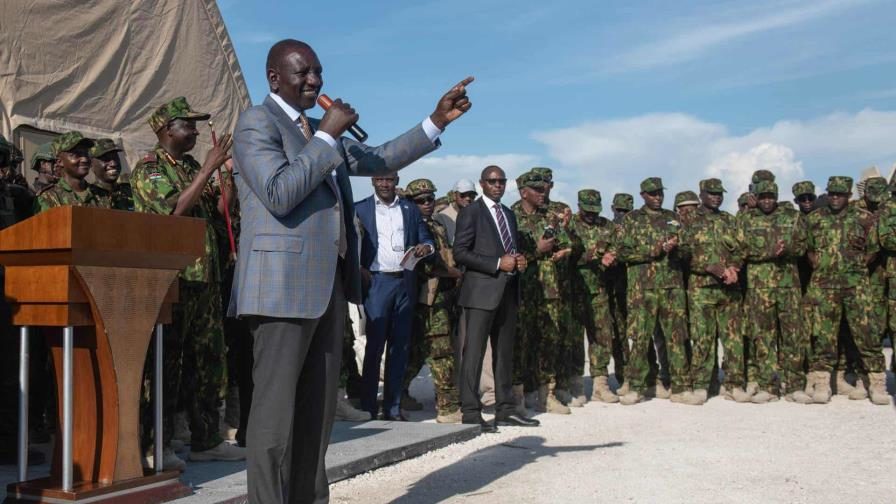
Sep. 21: Kenyan President William Ruto visits Haiti on his way to the UN General Assembly in New York.
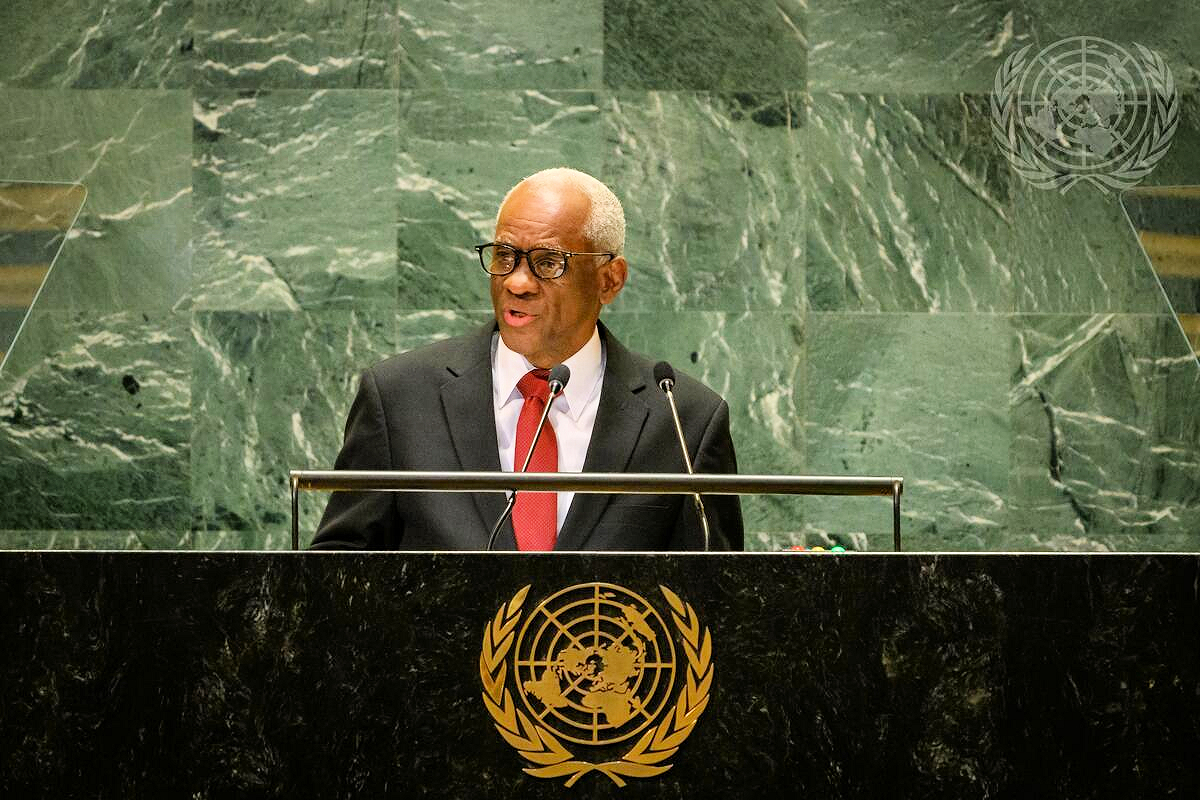
Sep. 26: The TPC’s President Edgar Leblanc Fils addresses the UN General Assembly with a speech asking for reimbursement of Haiti’s “independence debt” and complaining about the treatment of Haitian migrants but accepting to the continued foreign occupation of Haiti for which he is a collaborator.
Oct. 2: The ULCC issues a scathing 12-page report against the three TPC councilors who tried to shake down the BNC president, recommending that they be indicted, but the Haitian government takes no action against them.
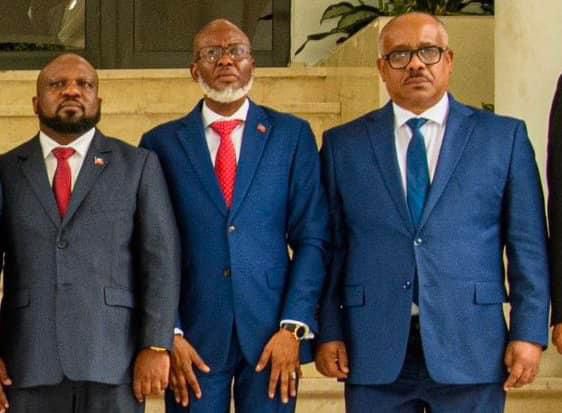
Oct. 4: The “Big Claws” armed group from Savien attacks the town of Pont Sondé in the Artibonite Valley as part of a battle with another armed group called “The Coalition.” Dozens of people are reportedly killed in the fighting.
Oct. 7: Edgar Leblanc Fils passes the title of TPC president to Leslie Voltaire of the Lavalas Family party in a half-hour ceremony at the Villa d’Accueil.
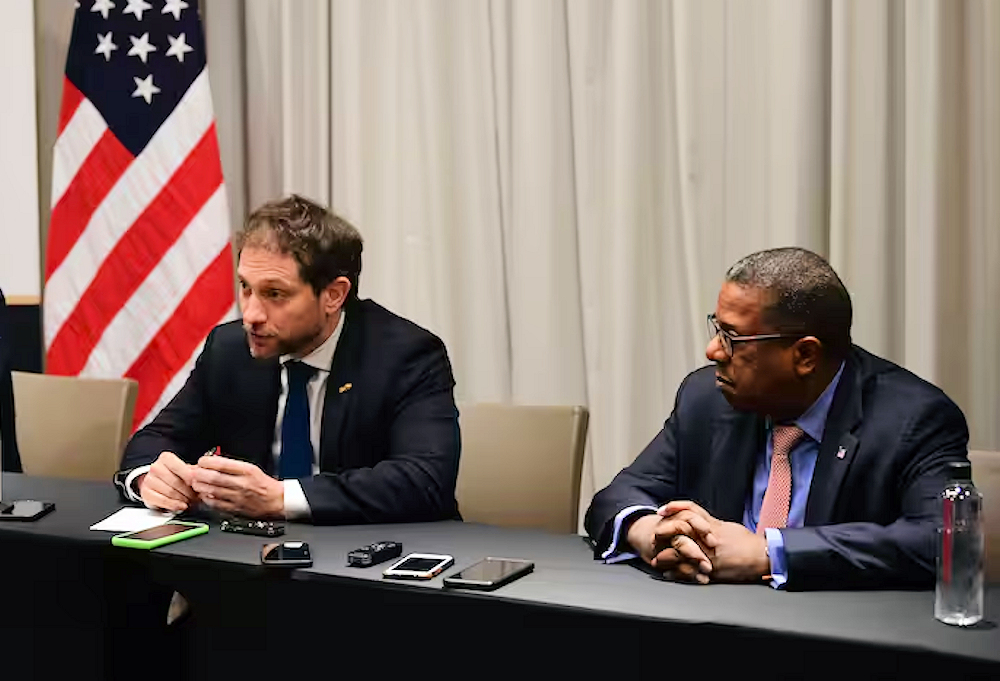
Oct. 16: Washington’s Deputy National Security Advisor Jon Finer leads a U.S. delegation to Haiti to scold the TPC for “political infighting” with Prime Minister Garry Conille and his cabinet.
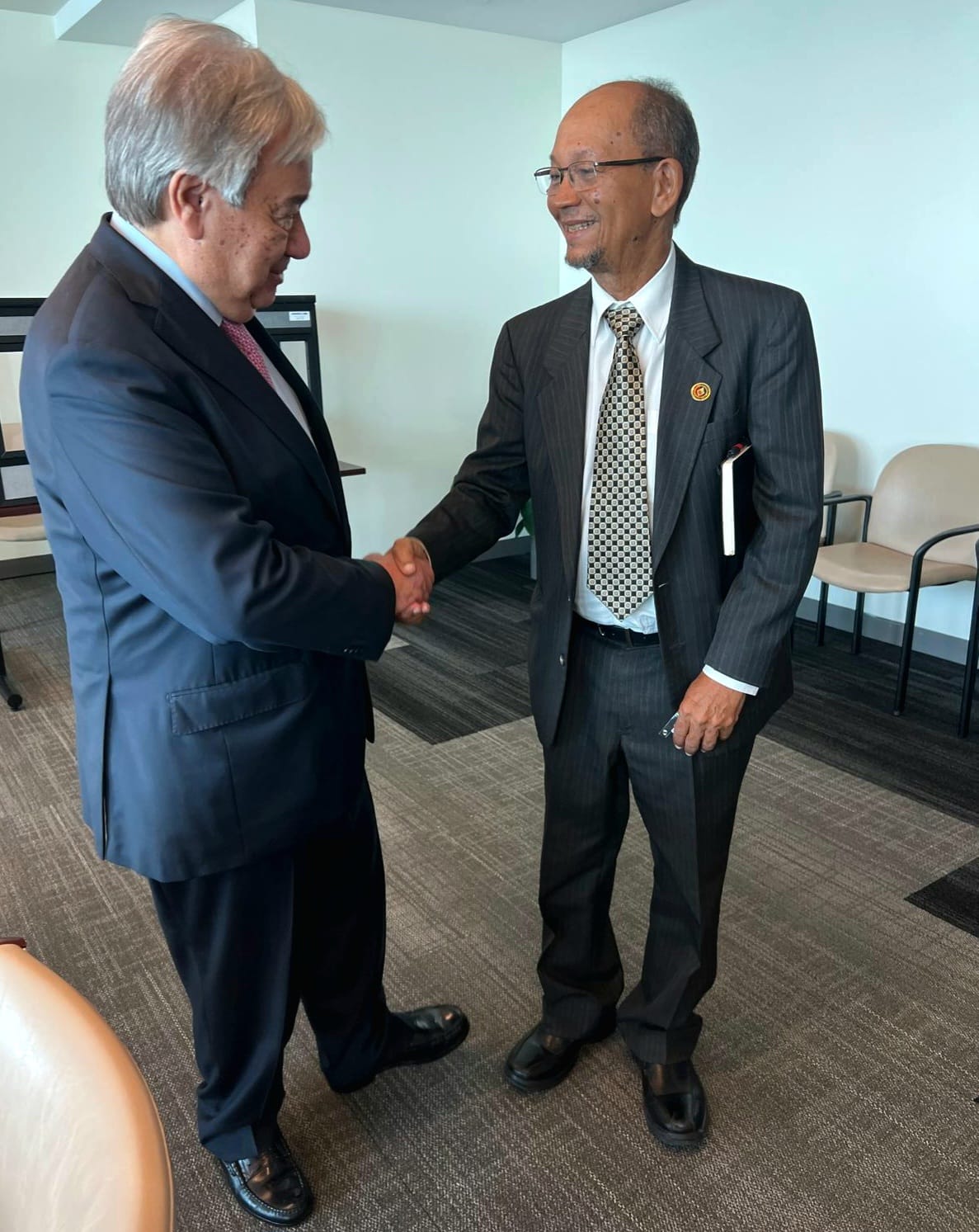
Oct. 21: New TPC president Leslie Voltaire sends a letter to UN Secretary General Antonio Guterres formally asking for the MSS to be turned into a genuine UN “peace-keeping” mission.
Late October: Clashes between adjacent Solino and Lower Delmas neighborhoods increase as a result of the U.S. and Haitian bourgeoisie’s efforts to foment fighting among the poor to weaken the Viv Ansanm coalition and provide a pretext for intervention.
Nov. 9: A Viv Ansanm drone captures PNH cops executing in cold blood a man who had come to speak with them in their armored vehicle. The murder is emblematic of dozens, maybe hundreds, like it reportedly occurring throughout the capital’s poor neighborhoods.
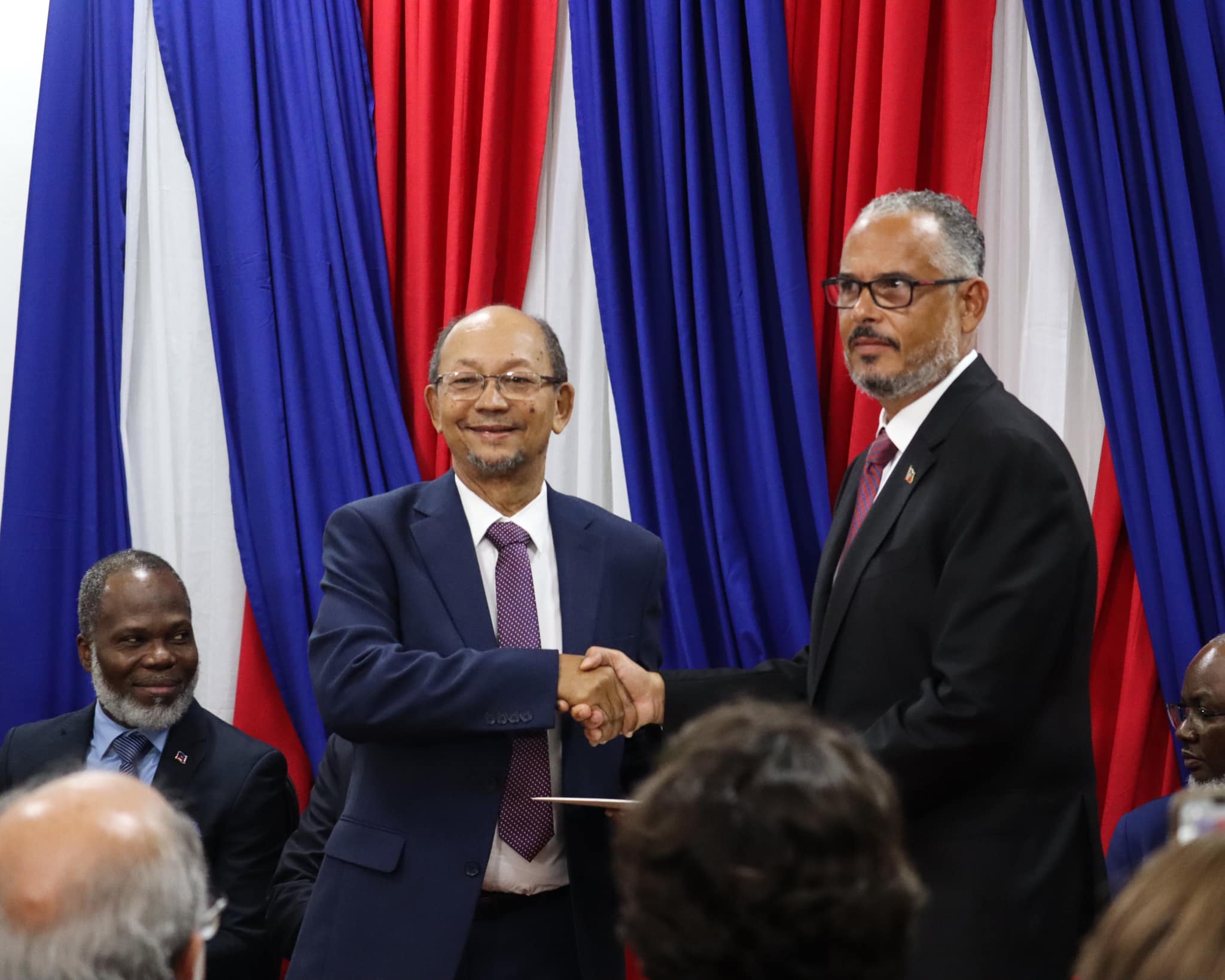
Nov. 11: The TPC, pushed by President Leslie Voltaire, replaces Prime Minister Garry Conille with businessman Alix Fils-Aimé.
Nov. 18: The Viv Ansanm’s principal spokesman Jimmy “Barbecue” Cherizier holds a press conference to call for the TPC’s departure and replacement by a government composed of Supreme Court judges, as prescribed by the Constitution.
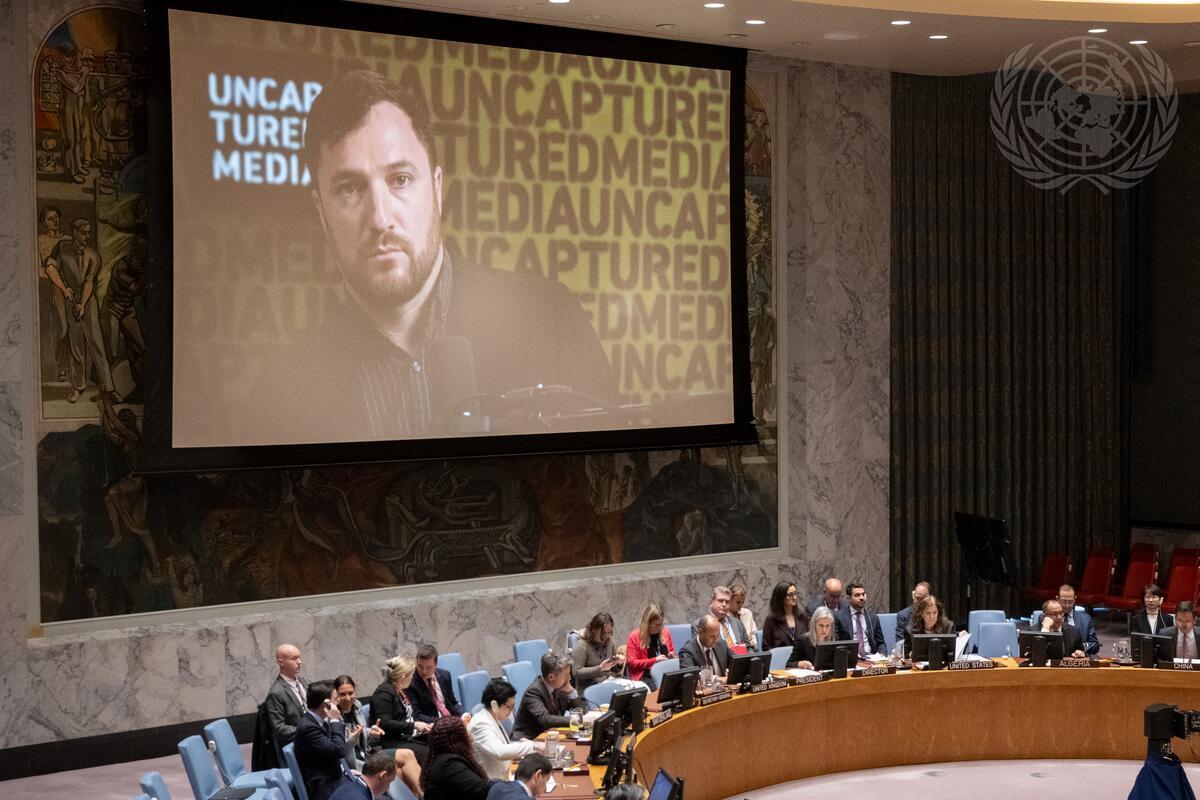
Nov. 20: At the request of Russia and China, the UN Security Council meets to consider the U.S. proposal that the MSS be transformed into a UN “peace-keeping” mission. Independent journalist, Dan Cohen, of Uncaptured Media addresses the body to argue against another UN military intervention into Haiti.

Nov. 21-25: The PNH mounts a major offensive against the Lower Delmas neighborhoods of Viv Ansanm leader and spokesman Jimmy Cherizier, destroying houses and killing two of his soldiers.
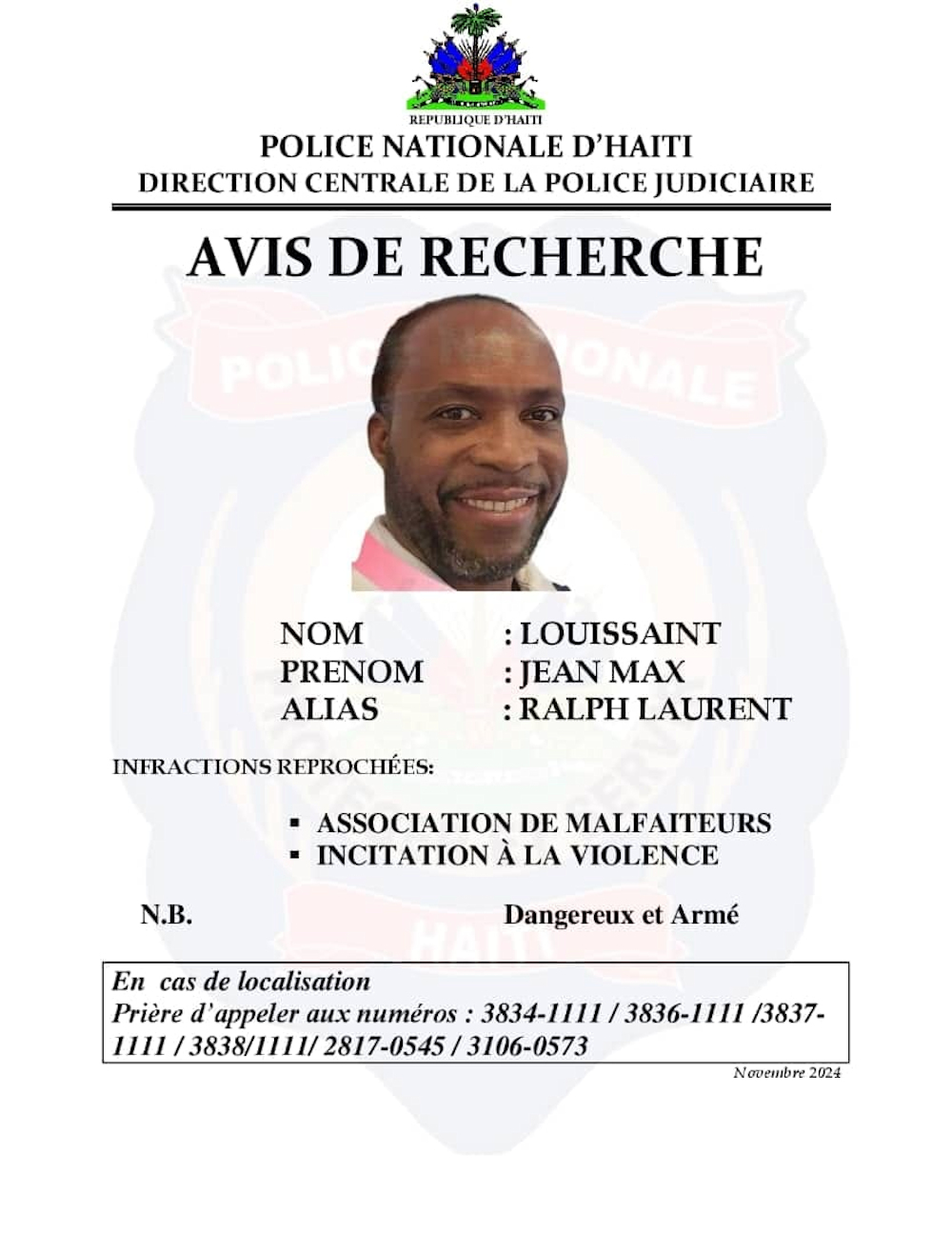
Dec. 3: The PNH issues arrest warrants against three Haitian activists living in North America for their political opinions, falsely accusing them of “association with criminals” and being “armed and dangerous.”
Dec. 6: PNH cops and Haitian soldiers beat almost to death two young men who were simply looking for scrap metal in Port-au-Prince’s Tabarre suburb.
Dec. 6-8: Monel “Micanord” Félix, the leader of the armed group in the Cité’s Soleil neighborhood of Wharf Jérémie, orders the execution of people whom he believes killed his only child with vodou spells, according to his vodou priest. Press reports say up to 184 people were killed, while he and local residents say it was 11.
Dec. 12-13: Parties which formed the TPC are now criticizing and distancing themselves from the body, saying their representatives have betrayed and failed in their mission.
Dec. 14: Rotating TPC President Leslie Voltaire asks ALBA “to help [Haiti] in terms of security and also food aid.”
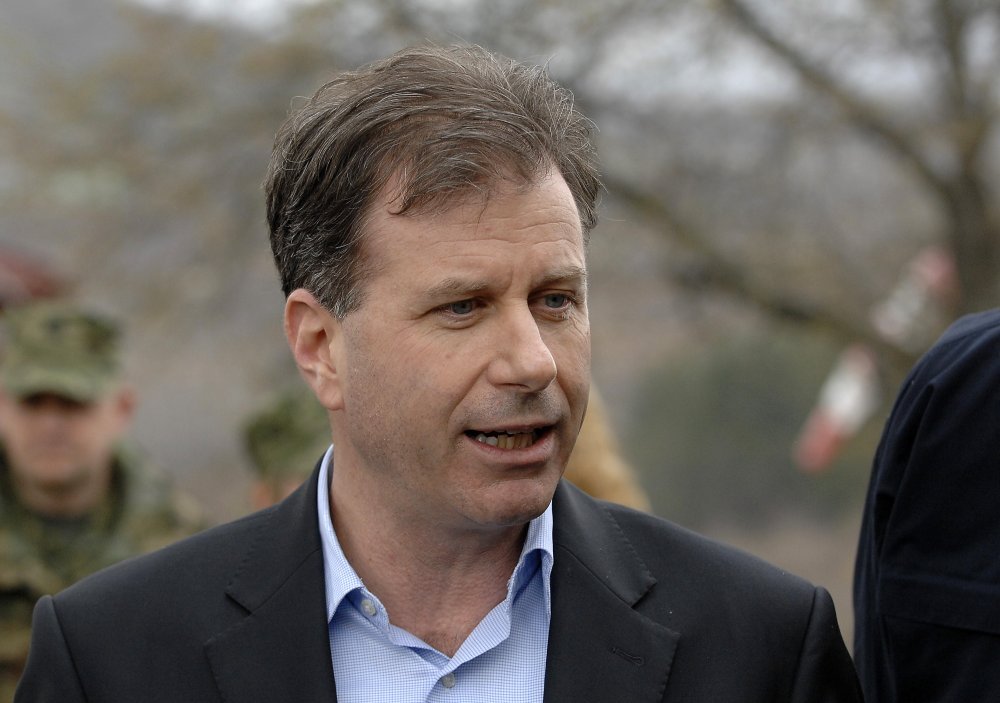
Dec. 20: Former U.S. Ambassador to Haiti James B. Foley writes another op-ed, this time for the Miami Herald, calling for a “Trump-ordered intervention” and saying that “Haiti’s dysfunction is an irremediable condition and as such requires periodic U.S. security engagement,” in other words, U.S. military invasion.
___________________________________________________________________
2023 Retrospective 2022 Retrospective
2021 Retrospective 2020 Retrospective
2019 Retrospective 2018 Retrospective









